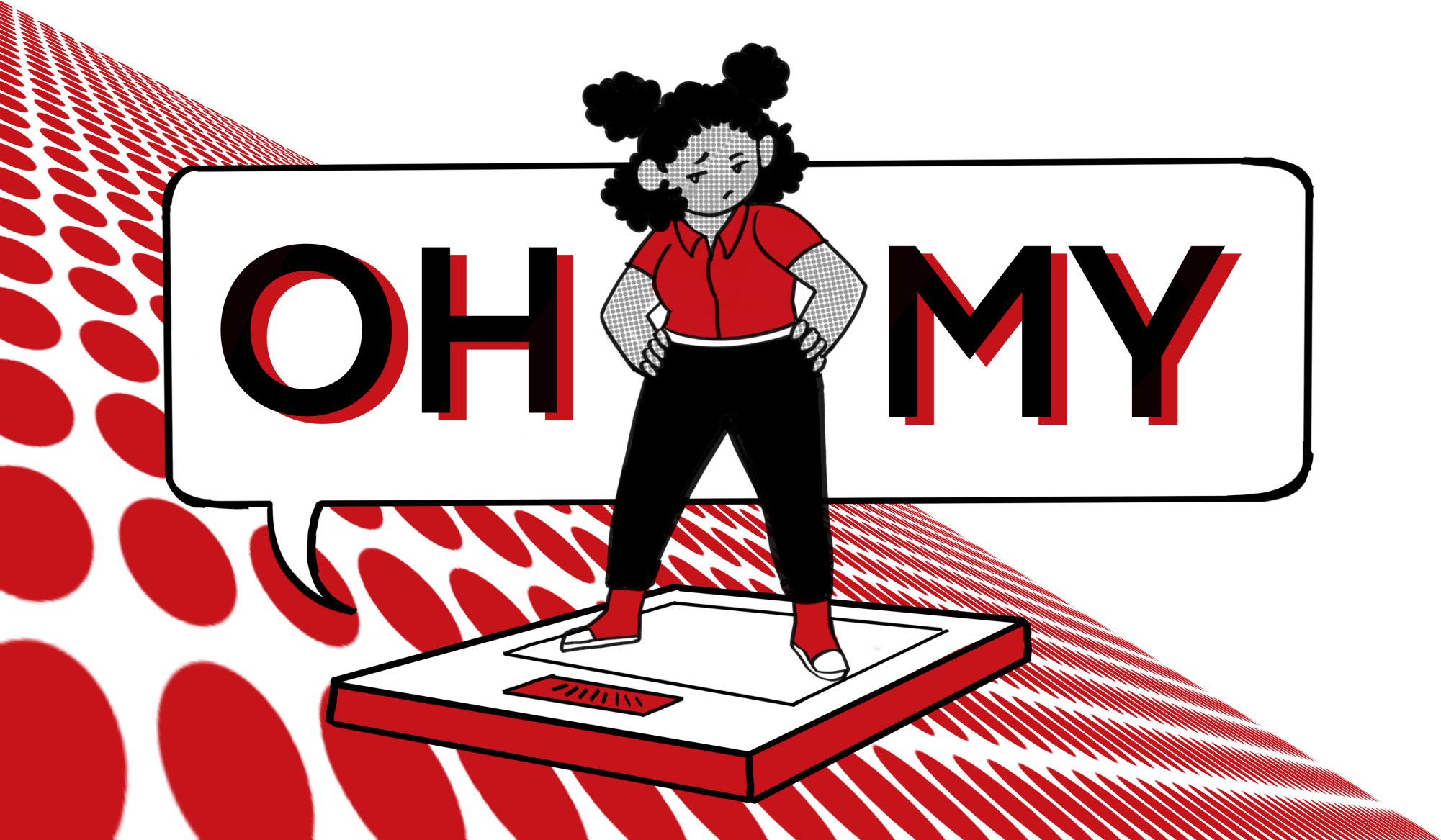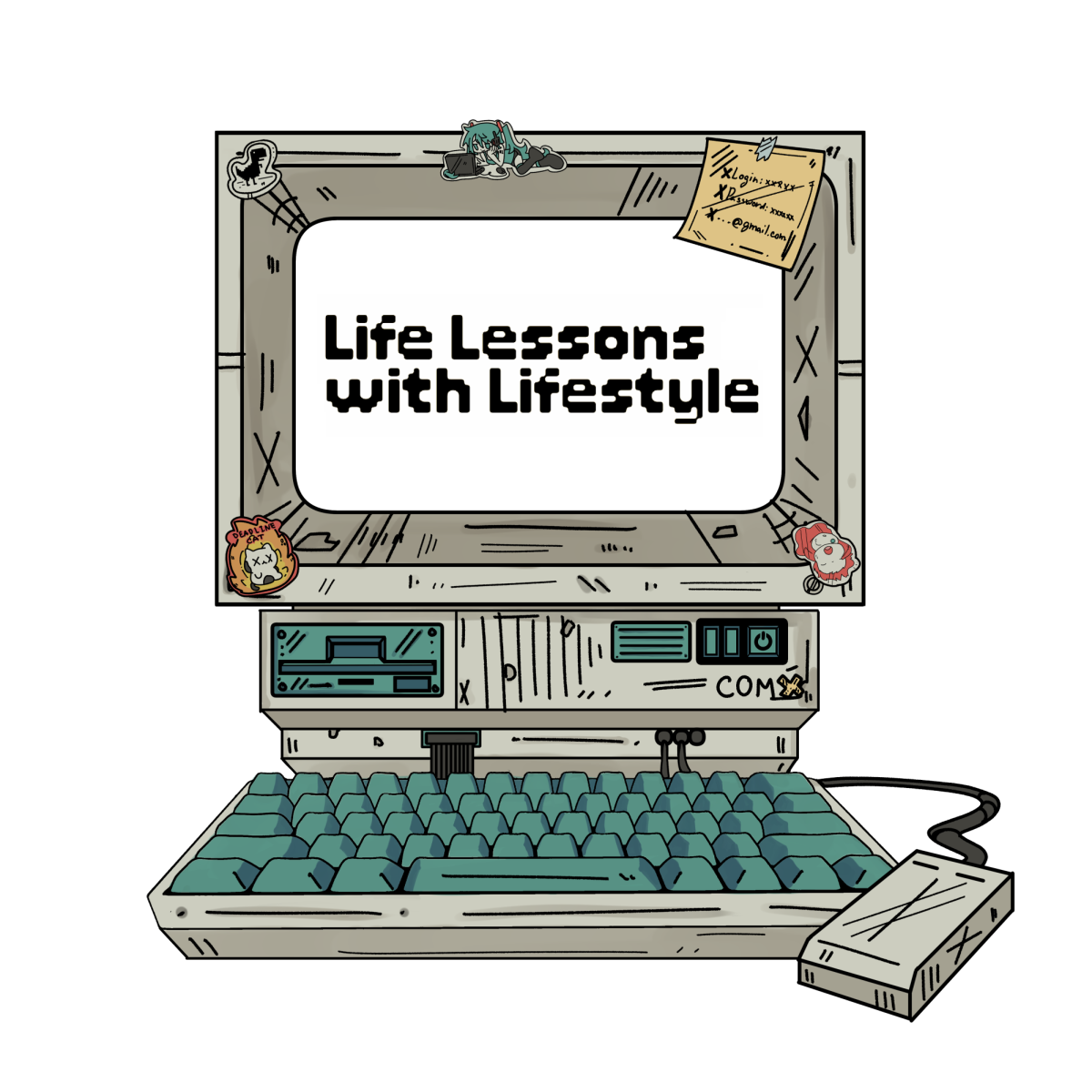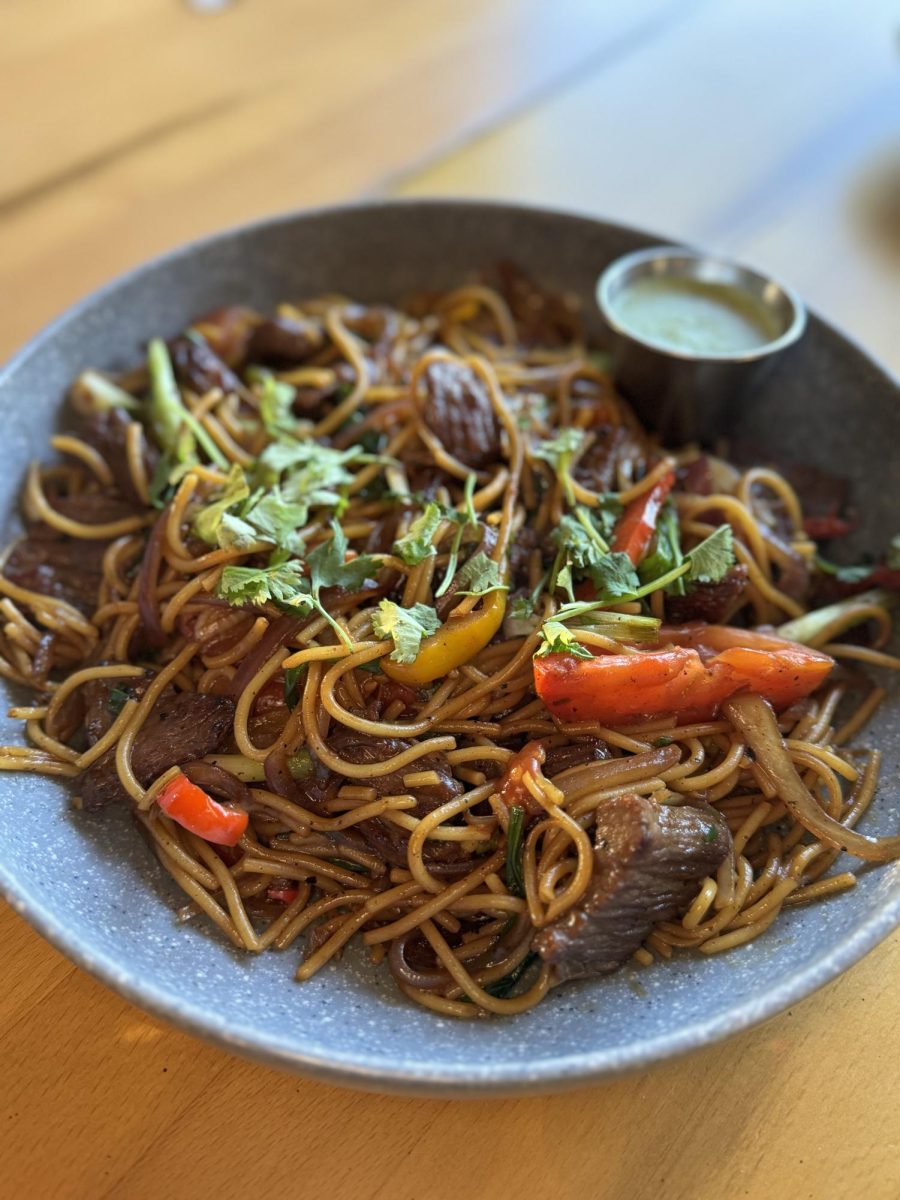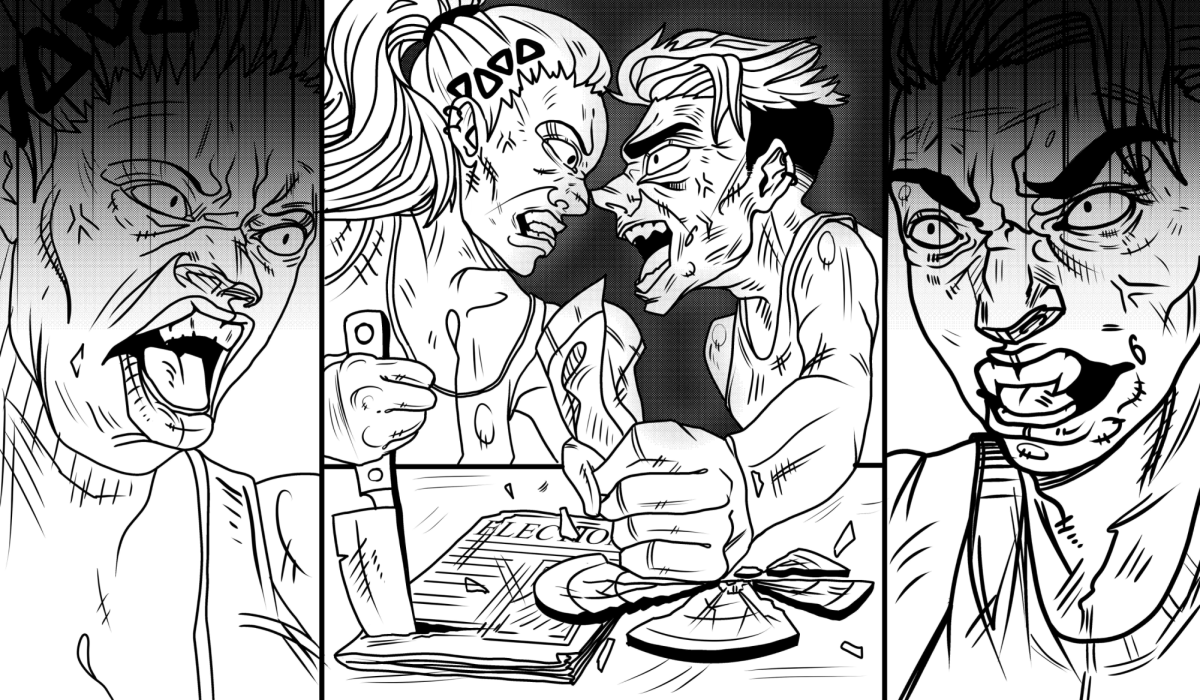Editor’s note: This article discusses possibly triggering topics about calories and diet.
If anything signifies the transition from fall to winter, it would be going from a Thanksgiving potluck to Christmas dinner. While this is a time for festivities and being around family and friends, it is challenging for those with a difficult relationship with food. When I look at the spread of mouthwatering food in front of me, I must admit I think of how I have to hit the gym the next day. I have thoughts and opinions on the measures that people take during the holidays to prepare for a large meal, but the truth is that it’s all about intention. Everyone should enjoy a good meal without worrying about calorie intake.
It is true that a meal larger than your average one will lead to spikes in blood glucose and an increase in blood pressure. That’s why it’s beneficial to take a walk or any form of gentle movement post-meal, leading to benefits in blood glucose regulation, mood improvement, and improved digestion to minimize bloating. So next time when you want to get out of the Thanksgiving politics talk at the dinner table, say that you’re going for a walk to get that digestive movement going (I know I’ll be using that line of reasoning).
It’s perfectly okay if you overeat on that one day; it takes 3500 calories to gain one pound of body fat. To put that into perspective, that is the size of a Thanksgiving meal. Bodybuilders eat approximately 3200-3800 calories per day during their bulking phase. So one potluck is not going to add weight to your frame; if anything, your weight will increase due to heightened water retention as a result of increased salt intake. As long as you continue with regular movement on a daily basis, you have nothing to worry about.
In fact, overcompensating for the increased caloric intake by compulsive exercising has drawbacks. Primarily, the mentality of overexercising is a core issue as this is typically due to thoughts of “working off” the calories. The intensity of exercise is something that you should gradually be increasing — marathon runners take years to work up to that level, after all. Turning up the dial on exercise too quickly strains your muscles, increases your vulnerability to injuries, and leaves you fatigued, affecting your mood as well. It is not worth it to injure yourself for the thought of trying to lose weight.
Furthermore, it places strain on your social relationships due to social isolation. Students with exercise addictions tend to have increased negative moods and increased social isolation. This could be due to the predisposed low self-esteem that leads to compulsive exercise along with other external factors; however, there is an overall correlation.
What’s also important to consider are the meals that you eat the next day (or the lack thereof). One might try to compensate for the overconsumption from the previous day by skipping meals the next, but just like the number of hours of sleep you get, your body does not operate on a “storage” system. You could instead opt for high-volume, low-calorie alternatives, like adding more vegetables to your diet (which you really should be doing regardless to get that fiber in your system). The amount of calories you consume one day pertains to that day, and you start on a clean slate the next day.
It’s okay if you exceed how much you usually eat, especially if it’s just for a day. Go to the gym (or not) like you usually do, and stick to your typical exercise level and routine. If you want to start adding more physical activity to your life, that’s amazing! Do it to make you feel like a better version of yourself, and not because you ate one more slice of pie than you wanted to.









